medskl.com is a global, free open access medical education (FOAMEd) project covering the fundamentals of clinical medicine with animations, lectures and concise summaries. medskl.com is working with over 170 award-winning medical school professors to provide content in 200+ clinical presentations for use in the classroom and for physician CME. Nephrology – Chronic Kidney Disease Whiteboard Animation Transcript with Steven Cheng, MD https://medskl.com/Module/Index/chronic-kidney-disease Chronic Kidney Disease (CKD) is caused by a wide variety of pathologic processes, including diabetes, hypertension, and autoimmune diseases. The stages of CKD, from stage 1 to stage 5, reflect progressive loss of function as quantified by the glomerular filtration rate or GFR. GFR is commonly estimated using serum creatinine levels, which increase as renal function falls. In early CKD, patients are frequently asymptomatic due to the large amount of “backup function” in the kidneys. However, as more function is lost, this ability to compensate is overwhelmed. Fluids, electrolytes, minerals, and acids, which are usually flushed out of the body, begin to accumulate, and patients develop anemia and bone/mineral disorders. While we cannot undo this damage, we can prevent the complications of chronic kidney disease. Dietary restrictions to lower sodium and potassium intake can prevent electrolyte abnormalities and diuretics can remove excess fluid. We can also prevent progressive damage from hypertension and proteinuria, using medications that target the renin-angiotensin-aldosterone axis. In some, GFR may continue to fall despite intervention, especially when the underlying disease is poorly controlled or chronic damage is extensive. Patients subsequently develop symptoms of uremia, including persistent fatigue, nausea, vomiting, anorexia, and confusion. Treatment includes dialysis – through a variety of methods – to remove toxins and prolong life. However, the best option for uremic patients is renal transplantation. With a carefully supervised anti-rejection regimen, these patients can again enjoy life with a new kidney.
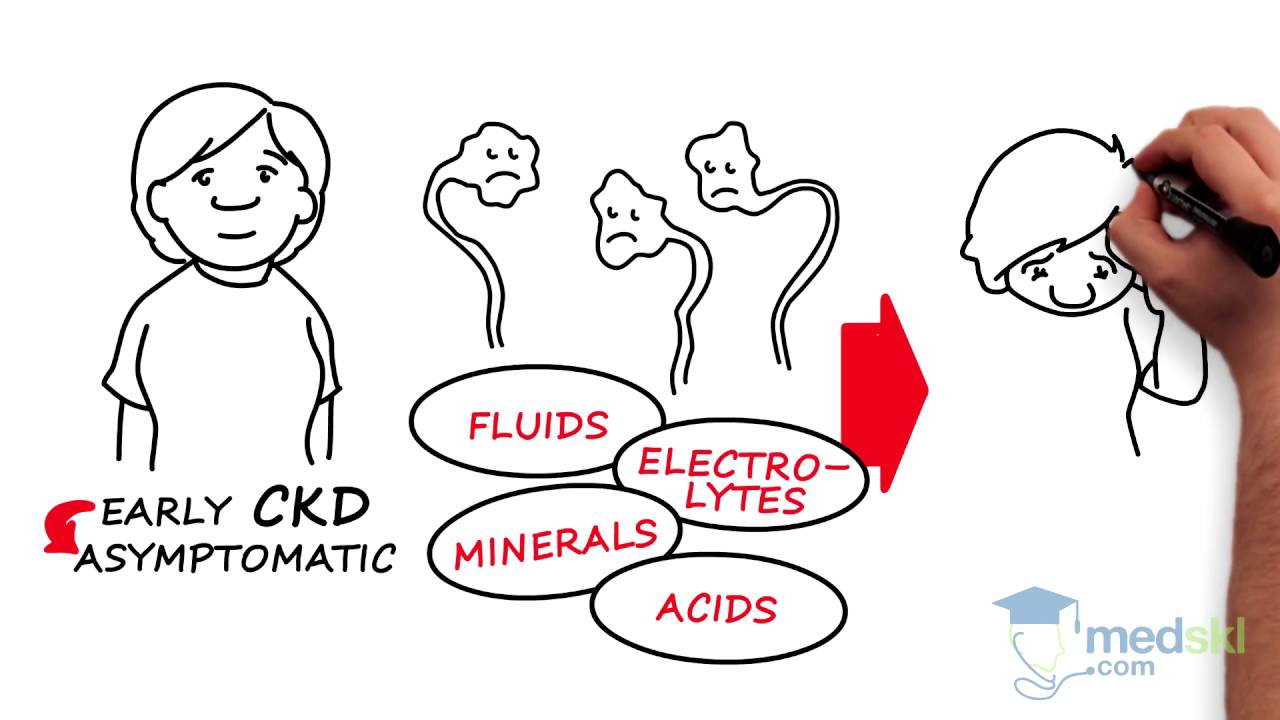
Nephrology – Chronic Kidney Disease: By Steven Cheng M.D.
- Post author:
- Post published:May 24, 2021
- Post category:Uncategorized
- Post comments:0 Comments
You Might Also Like

Tricep Dips

C Programming Exercise – Program to Get IP Address, Subnet Mask, Default Gateway

Cardio-Thoracic Physiotherapy Video – 4

Testosterone & Androgenic Effects Video – 30

One Hand Triceps Extension-1

Fasting + Post Meal Blood Sugar Readings

What is Jaundice? (In Simple Terms)

Why Is Sperm Count Dropping?

How Much Water Should You Drink Per Day?

Antioxidant Rich Foods With Every Meal

Ayurvedic treatment for Arthritis – Dr. Saritha Nair

3D CT Angiography in the evaluation of Intra Cranial Aneurysms – Seminar PPT Presentation

Overweight & Obesity Video – 19

Side Effects of eating RAW EGGS | Info by Guru Mann

Dumbbell Pullover-6

Sports Medicine Video – 2

Why are Vitamins Important? + more videos | #aumsum #kids #science #education #children

ANABOLIC STEROIDS: A Message From Rich Piana
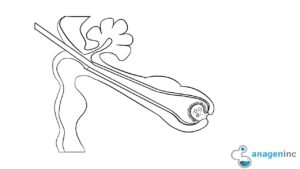
RU58841 The Perfect Anti-Androgen Against Topical DHT

Cardiac surgery Video – 1

ECG in Dextrocardia

What Losing Weight Does To Your Body And Brain | The Human Body

Is Whey Protein SAFE at Age under 18 | Guru Mann | Health & Fitness

Wall Sit-2

Dumbbell Shoulder Press – Shoulder Exercise – Bodybuilding.com

HCG Diet Lose 15lbs in 3 Weeks | Studies

Pre Blended Oils Video – 1

Diabetes Type 1 Cure? – A-Level (A2) Biology

Should you use Glutamine

Oral And Maxillofacial Surgery Video – 4

Best abs exercises: Abdominal Crunch
Aerobics
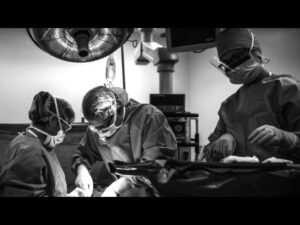
General Surgery Video – 3

Top 10 powerful fat burning foods/What to eat to burn fat fast
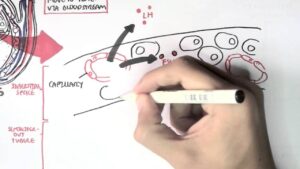
Male Reproductive System – Hormonal Function and Regulation (sperm synthesis and maturation)

Seated Row-10

Urine Analysis

How to Do a Barbell Curl | Arm Workout
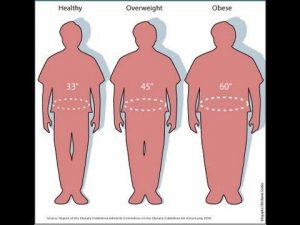
Weight Loss: Calculating Your Body Mass Index (BMI)

Type 2 Diabetes Treatments: Insulin

Hammer Curl-1

